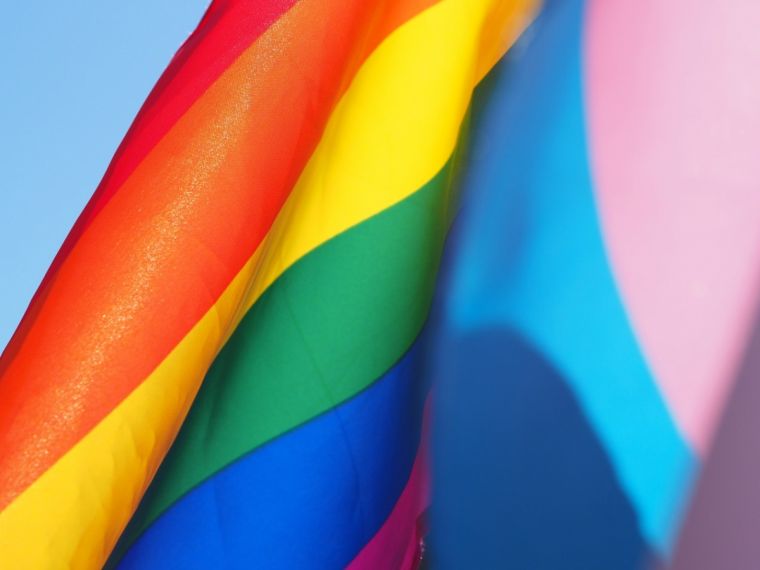People shouldn't be branded bigots for questioning transgenderism, says MSP

An SNP leader has called for civility in the debate on transgenderism as the Scottish government weighs up radical changes to the law.
John Mason, SNP MSP for Glasgow Shettleston, said people on both sides of the debate needed to engage in a 'balanced and sensitive way' and not resort to name calling.
'Is it possible for us to discuss all this in a calm and rational manner?' he wrote in the Scottish Herald newspaper.
'Or is it inevitable that we revert to throwing names around for those who disagree with us? Does it help the discussion to call our opponents bigots or transphobes? I do hope we can all try to engage in a balanced and sensitive way.'
Mr Mason said that it was important to consider the feelings and desires of trans people but not at the expense of science.
He wrote: 'It does seem to me that normally science can tell at birth whether a human being or an animal is male or female. Are we trying to override science by saying it is possible for males to become females and females to become males?'
He continued: 'I do feel that we need both truth and love when trying to answer these questions. We need to be loving towards those who are confused about their gender or dissatisfied with it and strongly desire to be the opposite gender than the one they were born into. But at the same time we need to be honest and look at what the science says.
'So surely we need both to consider the individual's feelings and desires but we also need medical and scientific assessment. Is a change to the other gender really in the best interests of a particular person?
The Scottish government is considering changing the law to allow people to 'self-identify' their gender.
Last week, its own report into the results of its consultation on the proposed changes revealed widespread concerns about the safety of women.
The Scottish government said fears about the safety of women in shared spaces was the most frequent concern raised by respondents to the consultation.
'Where respondents explained their concerns, it was often to suggest that the proposal would allow 'any man', 'predatory men' or 'biological men' to gain access to women's spaces where they could pose a potential threat to women's safety,' the report said.











